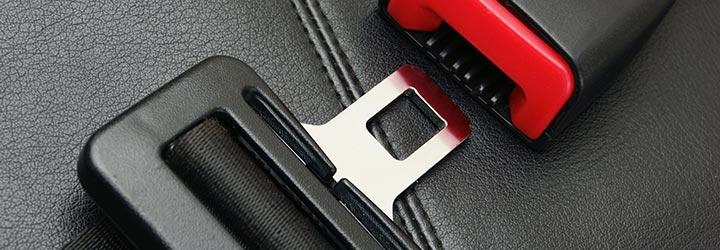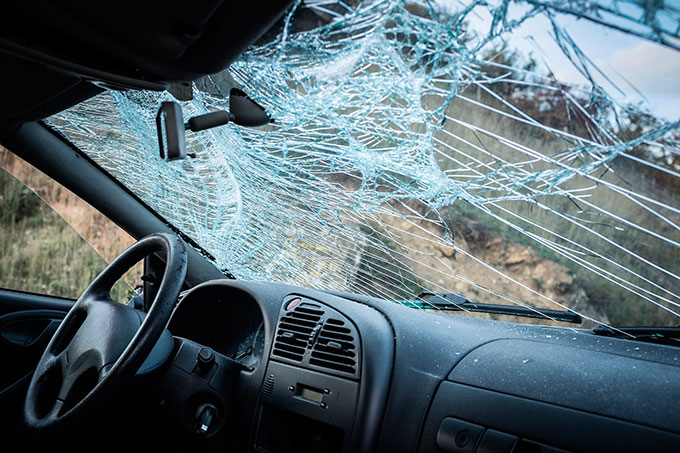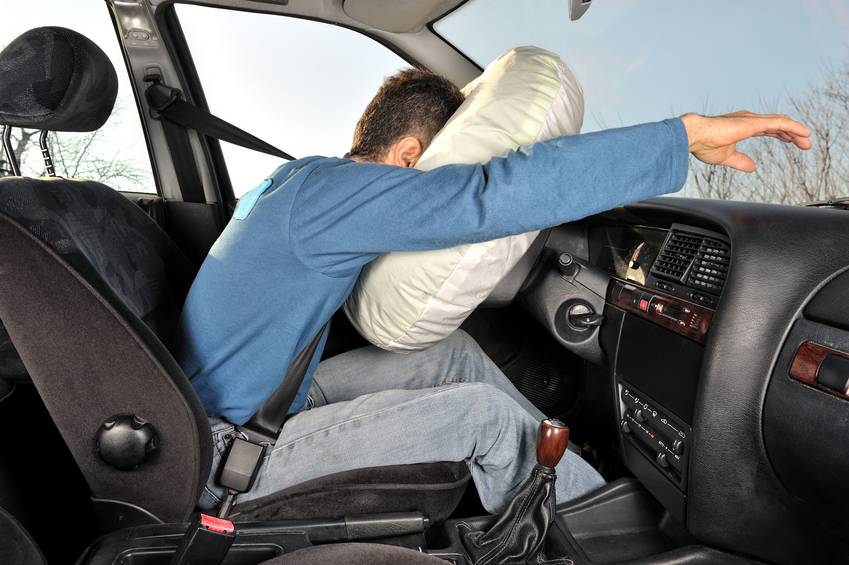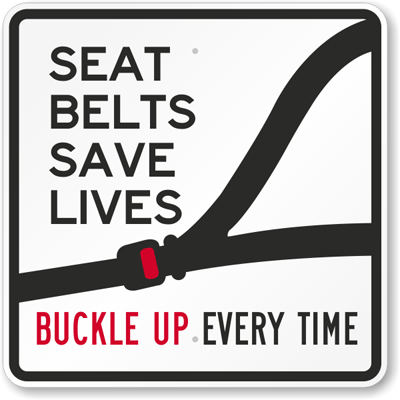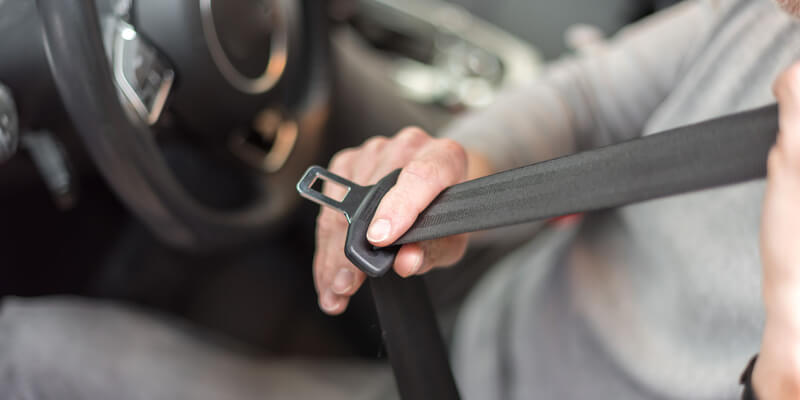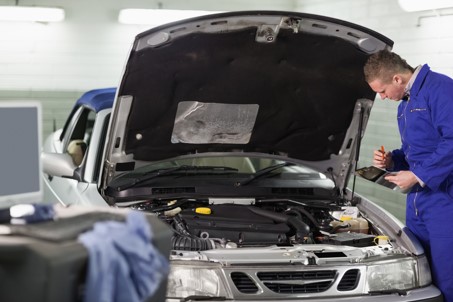As the owner of a vehicle, you are probably aware that investing in auto insurance coverage is important. Not only does having the right coverage protect you and your vehicle in case of an accident or unexpected incident, but different coverages can provide many other types of assistance.
However, with so many types of insurance coverage available, it can be difficult to know which options are the most important to include in your plan. In order to make an informed decision, it helps to become familiar with the many forms of coverage that are available on the market. To get you started, here are five of the most important types of insurance coverage you may need for your vehicle.
1. Liability Insurance
Liability insurance is a type of insurance that covers the cost of damage or injury that you may cause to another party while driving your vehicle. This may include damage to their vehicle or property, as well as reimbursement for any medical expenses that might result from an accident.
Almost every state requires some form of liability insurance, so it is important to have this coverage to ensure that you are legally covered. When researching different plans, look for one that covers medical expenses in case of an accident, regardless of fault.
2. Collision Coverage
Collision coverage is another important type of insurance coverage for your vehicle. This type of coverage is designed to help cover the cost of repairing or replacing your vehicle if it is damaged in an accident, regardless of who is at fault. While this coverage is not required by law, it is important to have if you want to protect your investment in your vehicle.
3. Comprehensive Coverage
Comprehensive coverage is similar to collision coverage in that it is designed to help cover the cost of repairing or replacing your vehicle if it is damaged in an incident. However, comprehensive coverage also includes coverage for other incidents, such as:
- Theft
- Vandalism
- And natural disasters
This type of coverage is not typically required by law, but it can still provide valuable protection for your vehicle.
4. Uninsured or Underinsured Motorist Coverage
Unfortunately, not everyone on the road has insurance coverage, which can make it difficult to get compensation if you are involved in an accident with an uninsured or underinsured motorist. Uninsured and/or underinsured motorist coverage is designed to help cover the cost of damages and injuries in case you are in an accident with someone who has no or insufficient coverage.
5. Depending on Your Situation, Specialty Coverage Such as Commercial Insurance
Do you frequently drive for work? If so, you may need commercial auto insurance. Talk to an agent about your professional circumstances to find out what you need to be fully covered. There are various criteria that might necessitate a commercial policy, such as:
- Driving often for work
- Driving people or goods as part of your job
- Transporting equipment for professional reasons
Find Out What Auto Insurance Coverage Your State Requires
Investing in these types of insurance coverage for your vehicle can provide you with valuable protection and peace of mind while on the road. Be sure to review your insurance policy and speak with your insurance agent to ensure that you have the appropriate coverage for your needs.
Generally speaking, states require every driver to carry proper auto insurance coverage. Driving without it can cause the driver to face stiff penalties. Speak to an insurance agent in your state if you are in need of insurance or may need to update your coverage.
At Amigo, our agents are ready to help you compare quotes and find the best deal available! They will help you find an excellent insurance plan that covers all your auto needs.
























